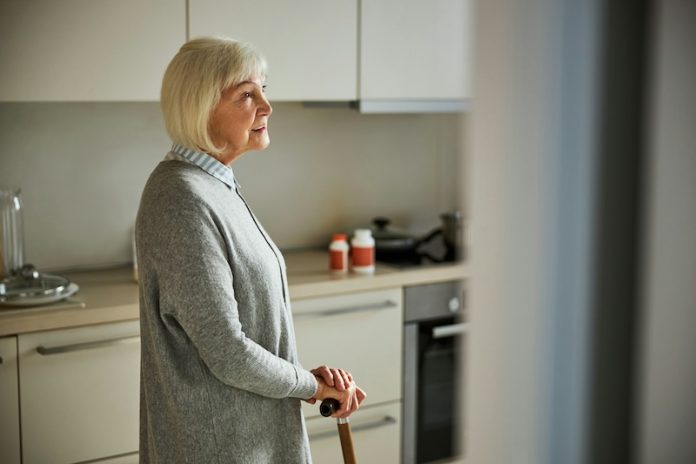
Recovering from a stroke can be challenging, especially for people over 50. A stroke happens when blood flow to the brain is blocked or when a blood vessel in the brain bursts, leading to damage in areas that control movement, speech, and thinking.
Many stroke survivors experience weakness, difficulty walking, trouble using their hands, and problems with balance. However, research has shown that regular exercise can help people regain strength, coordination, and independence.
Studies have found that stroke recovery exercises work best when they begin as soon as possible after a stroke. The brain has an incredible ability to rewire itself, a process called neuroplasticity, which allows undamaged parts of the brain to take over functions lost due to the stroke.
A study published in the Journal of Neurology found that stroke survivors who did regular physical therapy and exercises recovered more movement and had better long-term outcomes than those who were less active.
One of the most important types of exercise for stroke recovery is mobility training. Many people who have had a stroke struggle with walking, so practicing standing, stepping, and shifting weight from one leg to another can help improve balance and prevent falls.
A review in the American Journal of Physical Medicine & Rehabilitation found that stroke survivors who practiced walking exercises every day were more likely to regain independent movement within six months.
Walking with assistance, using a cane or walker if needed, and doing balance exercises such as standing on one foot for a few seconds can also help rebuild stability.
Strength training is another key part of stroke recovery. After a stroke, muscles on one side of the body may become weak or stiff, making it difficult to lift objects, climb stairs, or even get out of bed. Simple exercises like squeezing a stress ball, using light hand weights, or practicing standing up from a chair without using the arms can help rebuild strength over time.
Research from the Stroke Rehabilitation Journal has shown that even small amounts of strength training can significantly improve mobility and independence in older adults recovering from a stroke.
Stretching exercises are also helpful in stroke recovery. Many stroke survivors experience tight muscles, especially in the arms and legs. This stiffness can make it difficult to perform everyday tasks.
Gentle stretching exercises, such as lifting the arms overhead, reaching toward the toes, or rotating the wrists and ankles, can help improve flexibility and prevent muscles from becoming too tight.
A study in the Archives of Physical Medicine and Rehabilitation found that stroke survivors who did daily stretching exercises had better movement and less pain than those who did not.
For people over 50, cardiovascular exercise is also important. Aerobic activities, such as cycling on a stationary bike, doing water exercises, or walking at a comfortable pace, help improve heart health and reduce the risk of another stroke.
A report from the American Stroke Association found that stroke survivors who engaged in regular aerobic exercise had better blood circulation and brain function, leading to improved recovery.
Recovering from a stroke is a gradual process, and consistency is key. While some progress may be slow, regular movement and exercise can make a big difference in improving strength, coordination, and quality of life. I
t is always important to start with simple movements and gradually increase activity levels under the guidance of a doctor or physical therapist. Stroke survivors who stay active and committed to their exercise routines have a much greater chance of regaining independence and improving their overall well-being.
If you care about stroke, please read studies that diets high in flavonoids could help reduce stroke risk, and MIND diet could slow down cognitive decline after stroke.
For more health information, please see recent studies about antioxidants that could help reduce the risk of dementia, and tea and coffee may help lower your risk of stroke, dementia.
Copyright © 2025 Knowridge Science Report. All rights reserved.



